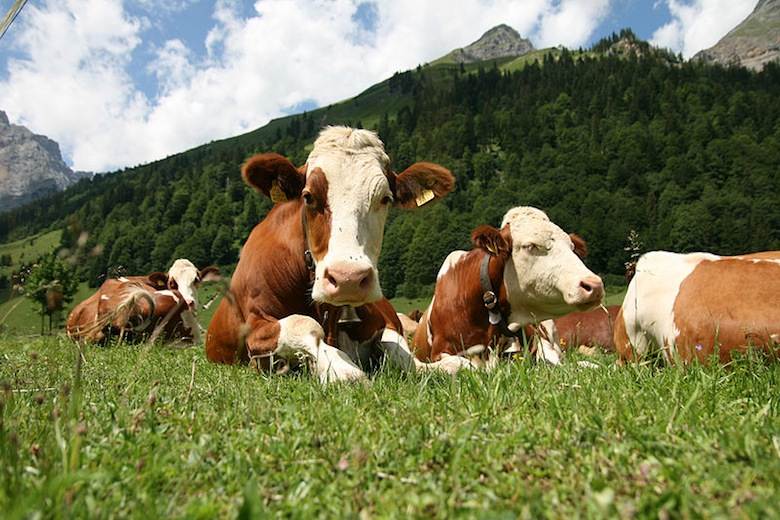Five principles for making beef sustainable
20/03/2014

GRSB, which has its headquarters in Overijssel in the Netherlands, said on publishing the principles that its aim was not to set standards or establish a certification programme or a special product seal, but to provide “a common baseline understanding” of sustainable beef, which it intends to make available for national and international industry bodies throughout the industry to use. They are draft principles, open to review and public comment.
Five principles, published in a document on March 17, cover natural resources, people and the community, animal health and welfare, food, and efficiency and innovation. All five are of equal importance, the document said. They are intended to be high level to make possible “multiple regional approaches to achieving sustainable outcomes”.
On animal health and welfare, GRSB said in the document that stakeholders must respect and manage animals to ensure their health and welfare. Cattle must be kept in an environment that is conducive to good health and minimises physical or thermal discomfort. Slaughter procedures must be in line with the norms laid down by the World Organisation for Animal Health (OIE).
The organisation summed up its intent behind the five principles by saying sustainable beef is a socially responsible, environmentally sound and economically viable product that prioritises the planet, people, animals and progress.
Image shows Simmentaler Fleckvieh cows in an Alpine meadow: Richard Bartz, Munich.










